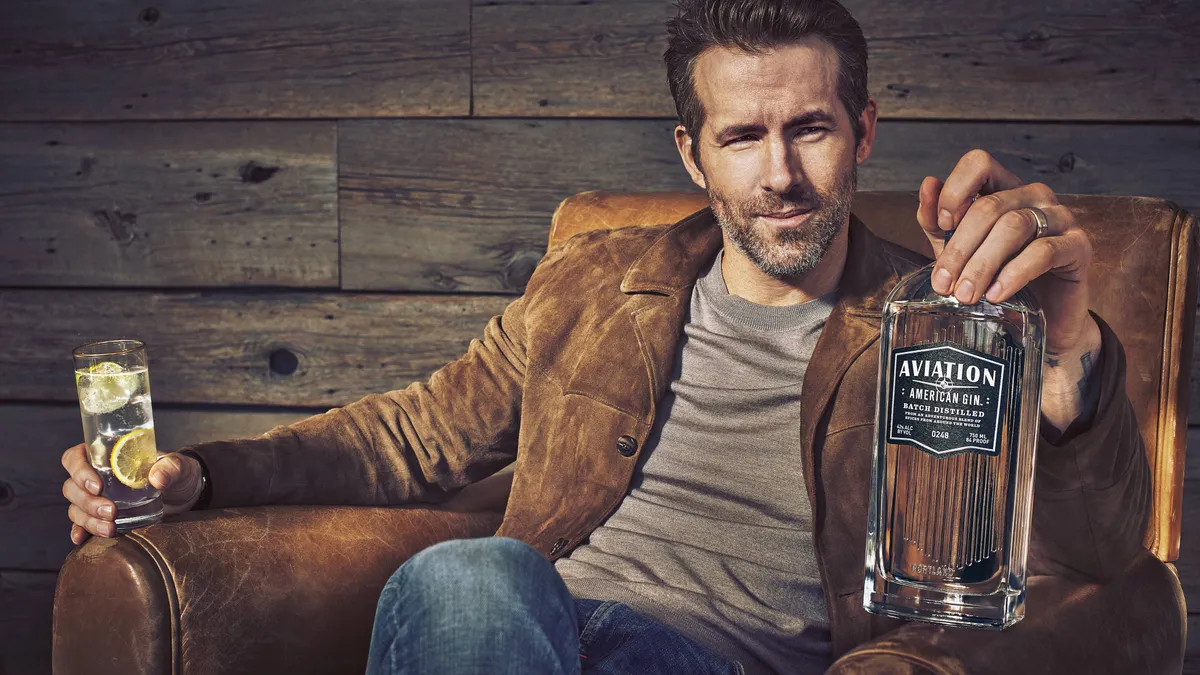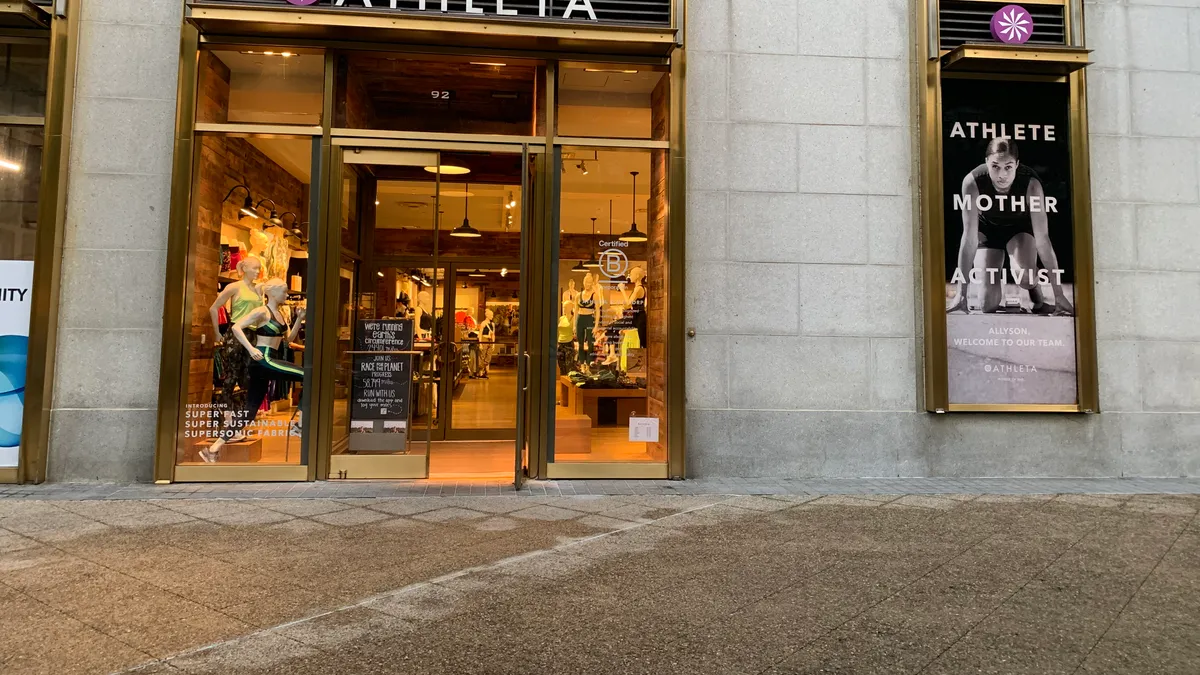Subway and Jared have officially parted ways.
Subway now faces the distinct challenge of uplifting its tarnished brand after having Jared Fogle – arguably America’s best-known pitchman – be the face of their franchise for years. Federal prosecutors said Wednesday that Fogle, 37, sought out sex acts with minors and obtained child pornography from a close associate.
“They have to acknowledge they are in a horrific situation and then pivot back to the fact that the spokesperson’s actions will in no way affect the brand’s dedication to providing customers with a healthy fast-food alternative,” Patrick Hillman, a vice president at Levick Communications, a public relations firm that specializes in crisis management, told Marketing Dive.
Subway already has taken that first step:
We no longer have a relationship with Jared and have no further comment.
— SUBWAY® (@SUBWAY) August 18, 2015
Jared Fogle’s actions are inexcusable and do not represent our brand’s values. We had already ended our relationship with Jared.
— SUBWAY® (@SUBWAY) August 19, 2015
Now comes the long-term work: Hillmann believes Subway will be forced to deal with this situation “in one way or another” for years. However, “if Subway effectively manages through this crisis," he told Marketing Dive, "history proves that the overarching effect on their bottom line and brand reputation is likely to be minimal.”
The sandwich chain was swift to distance itself from the fallen spokesman by suspending its 15-year partnership with Fogle when initial reports surfaced about an FBI probe in July. After the FBI raided his Indiana home – which came two months after the head of Fogle's foundation was arrested on child pornography charges – Subway quickly removed mentions of Jared from its website and other advertising.
Given the seriousness of the situation, Hillmann believes Subway's two tweets are not enough, and the brand needs to face the scandal head-on.
Others are not so sure Subway will face long-term damage.
"Given the media's short news cycles and people's short attention spans, most people have already moved on,” marketing consultant Denise Lee Yohn told Ad Age. Lee Yohn doesn’t think the scandal will “materially impact Subway” since they already severed ties with Fogle. She said Subway will likely continue engaging in more “diversionary tactics” in the upcoming weeks, such as promoting its new mobile app, to distract from the news.
Some believe Subway's quick and minimalist response should help squash the fallout.
“You’re never going to see him again," University of Notre Dame Professor of Management James S. O’Rourke told the Los Angeles Times. "Every one of these spokesmen comes with a liability clause. You do your best to manage that.”
But even without the Jared mess, Subway had work to do. It has gone through a rough stretch in recent weeks, with the departure of its CMO Tony Pace and subsequently having put its creative account up for review. Pace, who joined Subway in 2006, moved on from the company to form his own marketing consultancy. Subway was tight-lipped about the reason for the sudden review, only confirming it would be a closed review. (Ad Age reports that marketer Chris Carroll, who was recently brought in, is likely to be bumped up to the Subway CMO spot, citing sources close to the matter.)
The sandwich chain recently also saw its first decline in U.S. sales in years with a 3% drop. Per Kanter Media, Subway spent about $533.2 million last year on U.S. measured media, up 3.5% from $515.2 million. Ad Age reports U.S. store count was up 3% to 27,205 last year.
Disgraced celebrity pitchmen
Although Fogle's story is one of the most notable falls from grace in the history of pitchmen, Fogle and Subway are not alone. Recall that Lance Armstrong's doping charges cost him sponsorships with Nike, Anheuser-Busch, 24 Hour Fitness and Trek Bicycle. Michael Vick served jail time in connection to a dog-fighting ring before being reinstated by the NFL and resigned by Nike. Tiger Woods was dropped by a bevy of corporate backers including Tag Heuer, AT&T and Gatorade after his extra-marital scandal. O.J. Simpson was dropped by Hertz after 10 years of having Simpson appearing in ads.
So what happens when there’s no set path to recovery?
For his part, Hillmann says that Levick always advises its clients against anchoring their brand to any single personality.
“While a celebrity can be a great spokesperson and generate major interest and sales, brands also need to be wary of tying their entire reputation too closely to any one individual,” Hillmann said.
It might be important for a brand to have a potential spokesperson on hand to speak, but they always need to do their due diligence before signing someone and then account for any unforeseen skeletons. It’s crucial for companies to have “a crisis preparedness plan in place for when those personal issues come to light,” he said.
The crisis management executive said there are few examples of brands that have had to overcome this kind of obstacle, but pointed to how the Livestrong Foundation managed the doping allegations against Lance Armstrong as a good example of dealing with crisis sincerely and head on.
“You’ll find that an organization can survive an event like this,” Hillmann said. “Livestrong’s CEO Doug Ulman took action and refocused the organization purely on the cancer survivors for whom it was founded. As a result, the foundation is, in many ways, stronger today than it was before the doping scandal.”












